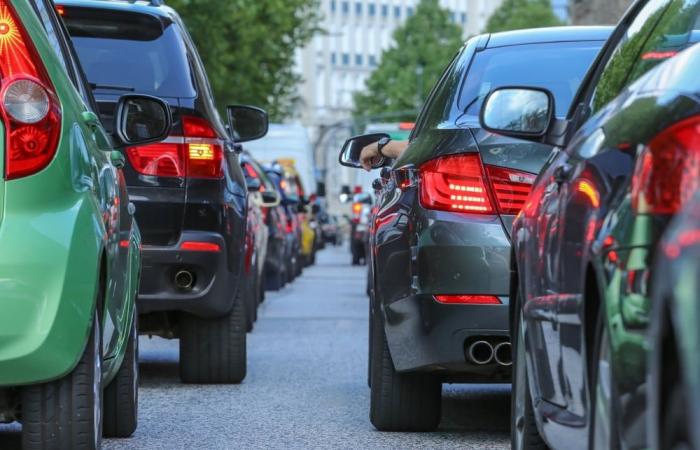In the field of transport, the private car often remains the only means of travel. According to a new study, 8 out of 10 young people are still affected despite the climate emergency.
Young people still prefer individual cars
According to a recent study by the Cetelem Observatory, 8 out of 10 young people say they cannot do without their car on a daily basis. Thus, the observation is clear: 80% of young motorists questioned say they are “attached” to their car. Furthermore, the latter remains perceived as an essential tool for going to work or traveling. This figure contrasts slightly with the 70% of seniors who share this feeling. The survey also highlights that this trend is even more pronounced in Asia, with attachment rates reaching up to 97% in China. Moreover, young people still consider the car not only as a means of transportation, but also as a symbol of freedom and independence.
Despite this attachment, young people show an increased awareness of the importance of preserving nature. Nearly 44% of them believe that the car is one of the main causes of global warming. In fact, this is a significantly higher proportion than that of seniors (30%). However, for a majority, the transition to electric cars is seen as progress. Thus, 63% of those under 30 believe that electric vehicles will definitively replace thermal engines.
Transport alternatives: adoption still timid
Although the car remains the preferred means of transport, a significant proportion of young people are also exploring alternatives such as cycling or carpooling. According to the study, 69% of young people travel regularly by bike, compared to only 52% of seniors. In addition, the use of carpooling is growing in popularity, increasing from 30% in 2011 to 56% today among 18-29 year olds. This demonstrates a desire to diversify modes of travel, without giving up the ownership of a personal vehicle.
However, the transition to more environmentally friendly modes of transport remains complex. If half of young people consider that car manufacturers are making efforts to produce cleaner vehicles, only 4% of them refuse to own a car for ecological reasons. The cost of purchasing a vehicle still remains a barrier for many young people.






